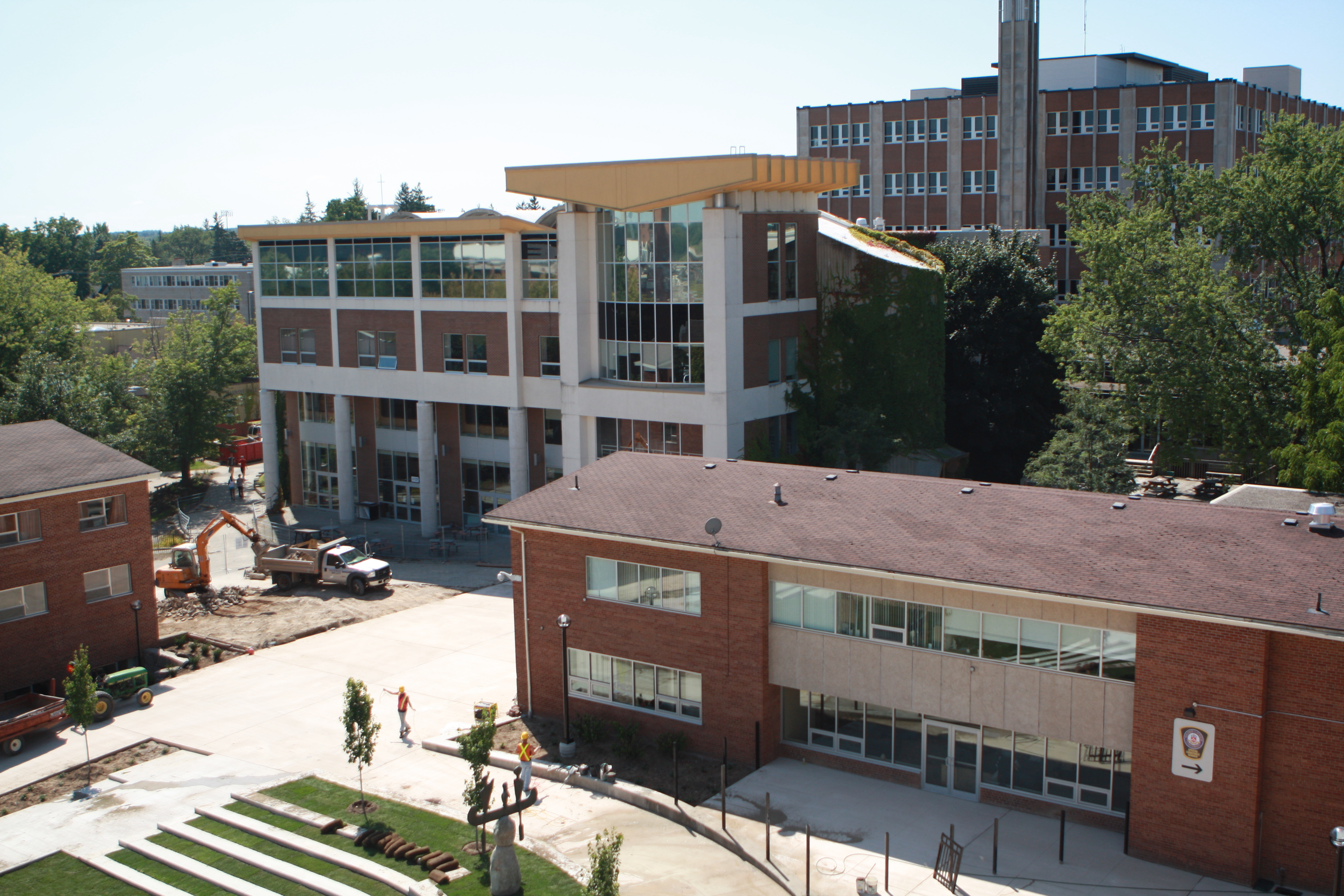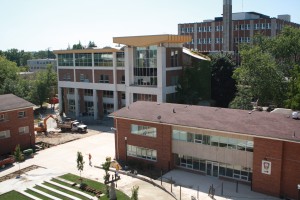Pension difficulties linger for WLU


Pensions have been becoming an increasingly common theme among Wilfrid Laurier University’s budget these past few years – and the issue is just going to get worse. According to Jim Butler, the vice-president: finance at Laurier, the university’s pension deficit is going to have a huge impact on its budget in the coming years.
“The major difference would be, if you look at the multi-year, is that we’re anticipating cuts in 2013-14 and 2014-15, and that’s solely the result of the increased pension costs to amortize the pension deficit,” explained Butler when asked how this year’s budget differs from the one the university produced last year.
Since the actuarial information won’t be fully available until the end of the year, Laurier is unsure to how big the pension deficit actually is, but Butler said that the sum is still pretty substantial.
Although WLU will run a break-even 2012-13 budget – which was approved by the university’s board of governors at the June 21 meeting – Butler estimated the pension deficit to be around $85 million.
“If you look at the budget you’ll see that we got a good year that just ended, and we’re going to use surpluses generated in that year to plug the deficit for 2013. Without it we would run a deficit for 2013,” he added, noting that the university will see an increase of revenue of about $17 million in 2012-13.
The university anticipates severe cuts for the 2013-14 and 2014-15 academic years and the compensation for employees is becoming more and more expensive.
“It’s basically that the actuary tells the employer in a defined benefit plan how much they have to put in for each employee every time it does evaluation,” he explained.
“We’re anticipating that’s going to go up – a lot.”
With the recent passage of the Ontario budget and the recommendations put in place from the Drummond report, the funding for pension costs will be even more limited. The university, as a result, will have to divert funds that would go elsewhere into sustaining the pension plan.
“It’s a lot of money that doesn’t go into the classroom,” Butler emphasized.
Pension plans aren’t the only thing that is costing the university. To keep up with an increasing student population, the university looks to greatly expand in the near future. The Global Innovation Exchange (GIE) building and the expansion of the Athletic Complex are the main projects.
“We’re working on our long-term financing strategy for expansion,” continued Butler. “We’re kind of waiting for fund raising to see what finalizes there before put the final numbers of what we have to finance.”
The public sector, including education, is facing quite the gloomy situation this year with the Ontario budget, a budget that has been forced to make cuts to the public sector to ensure it remains balanced. This will also have an impact on Laurier the coming years.
“Nobody has really paid attention to that but that’s coming at us, the whole system, starting in 2013-14 and then in 2014-15,” Butler added. “For Laurier it’s about $1.5 million less [in funding].”
For now, Laurier is bracing itself for a tough road ahead, and with the ailing pension plan continuing to get worse, Laurier needs to be cautious in how it spends its money.
“We’re in reasonable shape but I’m a little bit worried about where pensions are going and how government’s going is continuing to react to their budget difficulties and how that’s going to impacts our system,” he concluded.

